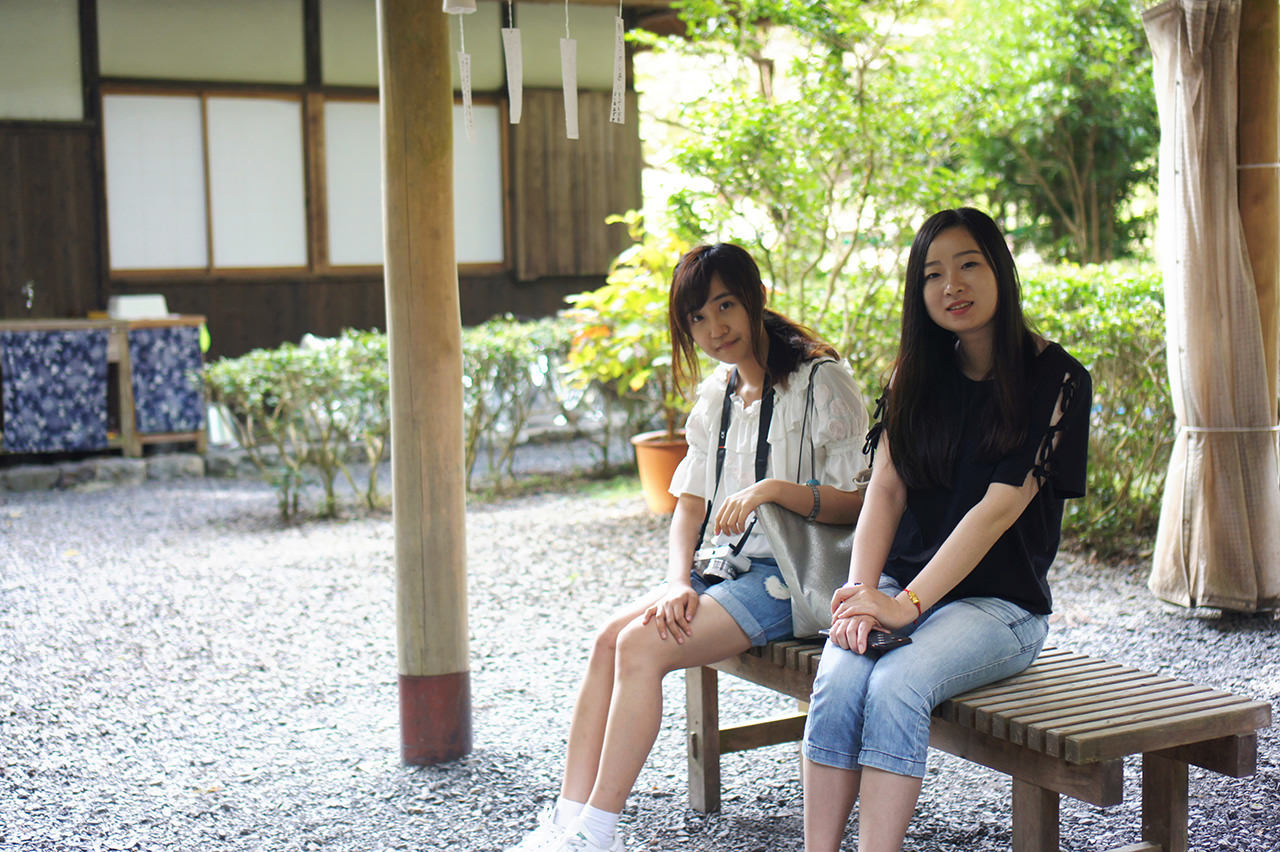The Four Great Mistakes Made During Job Hunting
2020.10.29
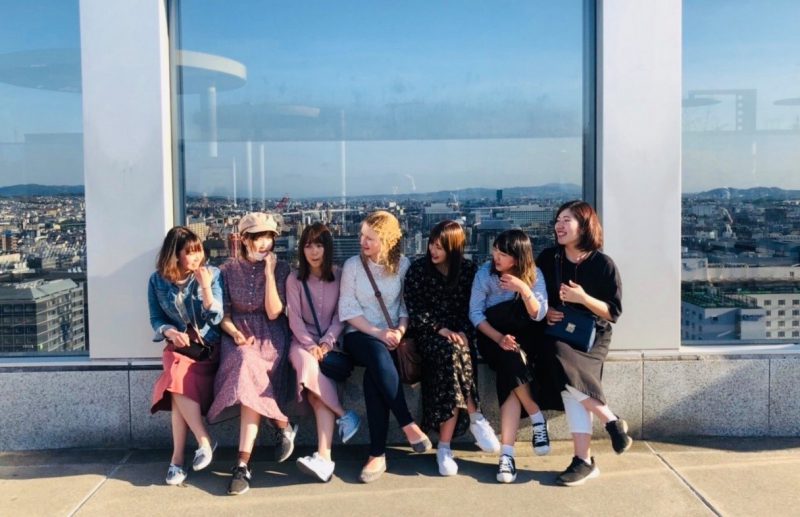
Those who are hoping to look for a job in Japan, first need to understand the job-hunting process here. Not only foreigners, but also Japanese who are hoping to look for a job in Japan first need to understand the job-hunting process here. But in the case of foreigners especially, if foreigners do not succeed in job hunting before graduation, their visas will expire, they will have to go home, and it will be more difficult to find a job after that. That is why I will share with you the 4 greatest mistakes international students make during job hunting, and what to do to prevent yourself from making those mistakes.
About the writer
I’m a complete foreigner, but I stood next to Japanese students and went through the Japanese job-hunting process as they do. Here, I have summarized what I learned through that experience. Hopefully it will help you.
Mistake #1: Waiting until the last second to get started
When should you start job hunting? One year before graduation? No, that would be a grave mistake. In order to see many work places, and to find the work environment fit for you, you should begin preparing 24 months before you want to start working.
Now, 24 months before graduation, not only the final application process, but also the application process for internships have probably not started yet. Yes, what I’m trying to say is that there are 3 things you should do before applying. That is, preparing your ES, studying for the SPI, and hearing about your senpai’s job-hunting experience.
・Preparing your ES: ES is the acronyms for entry sheet. This is what you submit before your interview. A common question on the ES is “Please promote yourself”, and “Why you want to work here”. Even just for one company, prepare your answers for these two questions ahead of time, have many people look at it, receive strict criticism, rewrite it many times, and make it better. What I especially recommend is attending a seminar on how to write an ES. The reason is that the way to write an ES is different from how to writing a typical essay, and the things you should keep in mind while writing it is different. If it is difficult to attend a seminar, look up tips on the Internet.
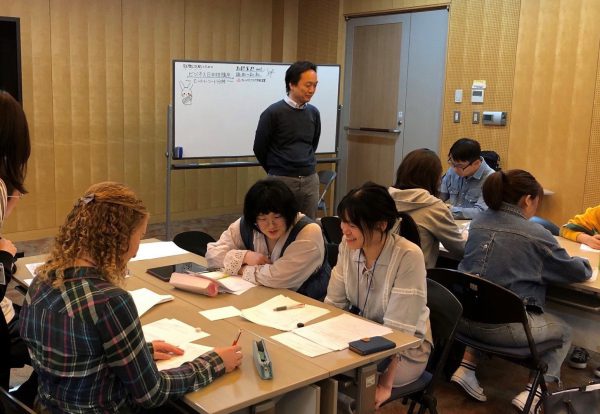
・Studying for the SPI: If you don’t know what the SPI is referring to, please read this article
“What is the SPI test, anyway? A Guide for International Students Job Hunting in Japan”
https://www.studykyoto.jp/en/magazine/2018/09/26/spi/
Some companies put an emphasis on the SPI, while others average out many things such as the SPI and the ES, but either way, when applying to a typical company, you will need to take the SPI. By studying for the SPI ahead of time, you can bring up your score, increasing the number of companies you will be able to work at. When studying for the SPI, I suggest using books and apps. There are many books and applications available. By solving the problems little by little when you have time, you will get used to the questions, and you will be able to start remembering the answers.
・Hear about your senpai’s job-hunting experience: Senpai have much information on job hunting. Also, senpai will often be able to tell you things that companies will not tell you directly. By talking to senpai, you will be able to grasp a better image of yourself working. Try asking your senior the following things. What kinds of thing does the company do? What kind of work do the employees do? What are the employees like? What did you find out since entering the company? What of your work do they feel is rewarding? Also ask what kind of people work at the company.
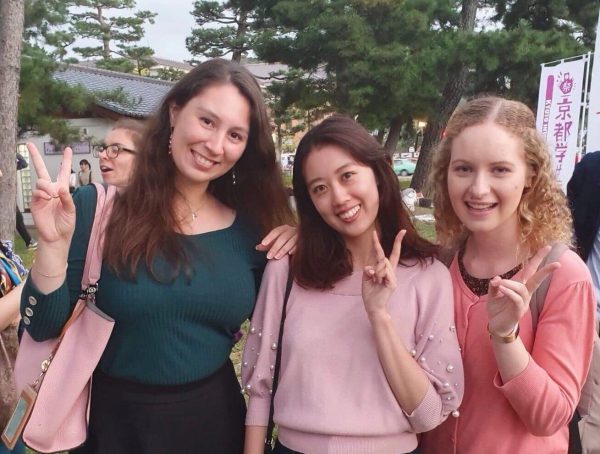
Lastly, ask what kind of person the company is looking for. Knowing what kind of person the company is looking for will help you write a better self-promotion on the entry sheet. If you are an international student, ask what kind of international student the company is looking for. Depending on the company, some are looking for a very foreigner like foreigner, even if that means it may be a bit difficult to communicate, while other companies will value that the international student will be able to smoothly work in the Japanese environment, even if that means they are a bit Japanese.
→Work on your ES, SPI, and senior interview ahead of time.
Mistake #2: Not going to internships
Your attitude toward internships will greatly change your job-hunting experience. Applying to and participating in internships will not only help you prepare for the final application process, but you will also be able to analyze companies and yourself, and you may even be able to go through an early final application process. As I have just explained there is a ton of reasons to participate. Let me explain the last three I mentioned.
・Analyze companies: by participating in internships and even through the application process, you will do much research on each company, and you will learn much. You will learn what kinds of companies have what kinds of strengths and weaknesses, you will learn their histories and their possibilities for the future. You will also find out what kind of companies there are in the society to begin with. There are many great companies outside of the famous ones that anyone would know. In this way, internships are a rare opportunity for you to lean about society and companies.
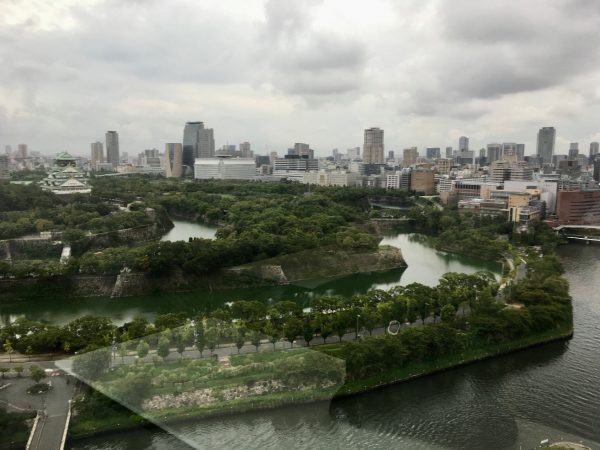
・Analyze yourself: Through internships and the application process for internships, not only will you learn more about the companies, you will also learn more about yourself. Through researching about the companies, and participating in the internships, you will start to find, “I’m really interested in this industry”, “this occupation really doesn’t fit me”, etc. When students go to the company they thought they wanted to work for, sometimes they find out, “I don’t want to work here,” or somewhere else they may think, “I hadn’t thought about this field, but it seems interesting!”
・The possibility to continue to an early final application process: Lastly, the number of students that participate in internships is much lower than the number that participate in the final application process. Therefore, compared to during the final application process, during the internship there will be many opportunities for you to take time and talk to the employees, and for them to get to know you. Additionally, by asking questions, you can give the employees the impression that you are interested in the company. As a result, sometimes the students that participated in the internship are informed about earlier final application dates, and can get an early job offer.
→Actively participate in internships






